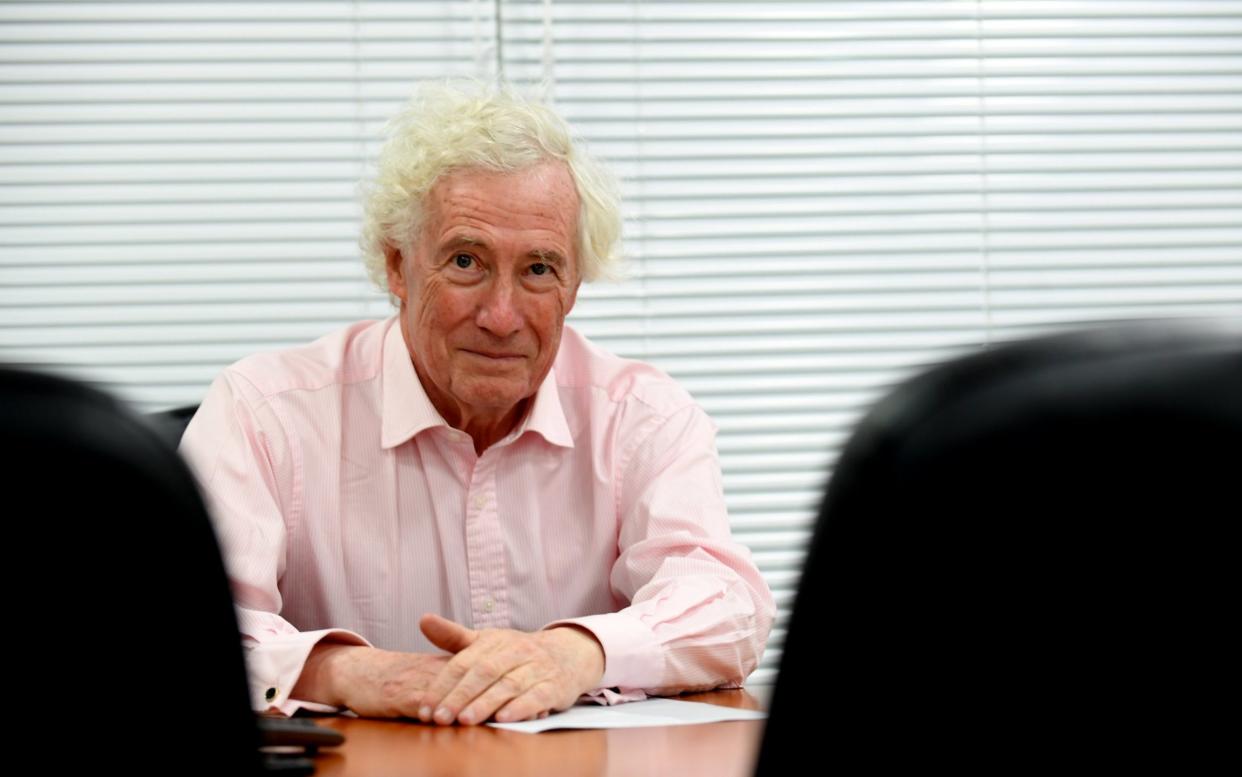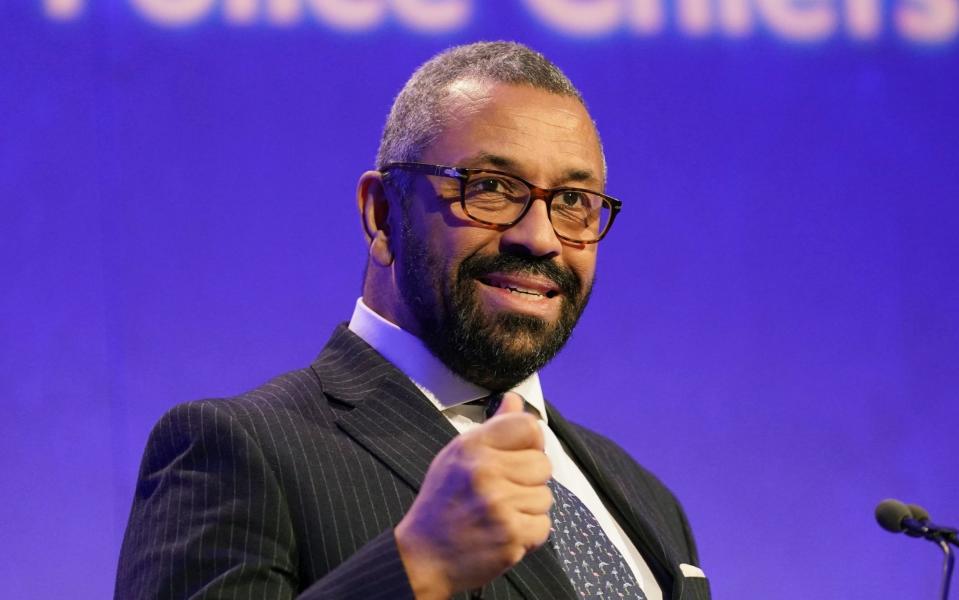Government can’t claim ‘black is white’ in Rwanda fight, says former Supreme Court judge

A former Supreme Court judge has said the Government cannot claim “black is white” as he warned its new Rwanda law would struggle to get through the Lords.
Lord Sumption, a Supreme Court judge from 2012 to 2018, said it was “profoundly discreditable” and “constitutionally extraordinary” for Rishi Sunak to “change the facts by law” by proposing legislation that would declare Rwanda safe.
The Prime Minister announced on Wednesday that he would be pressing ahead with an emergency law to enable the Government to send illegal migrants to Rwanda after the Supreme Court ruled that the plan was unlawful.
The legislation will declare that Rwanda is safe for asylum seekers based on a new legally binding treaty, to be approved by Parliament, under which the Rwandans will ensure that no migrant sent to the central African state will be removed from it.
On Wednesday, the Supreme Court’s five judges unanimously backed a judgment by the Court of Appeal that the policy was unlawful because of the “real risk” that asylum seekers sent to Rwanda would be returned to their own country, where they could face “ill treatment” in breach of their human rights.
However, Lord Sumption said: “It is not unusual for governments to promote legislation to change the law after an unfavourable judgment in the courts, but I have never heard of them trying to change the facts by law.

“For as long as black isn’t white, the business of passing acts of Parliament to say it is, is profoundly discreditable.”
Lord Sumption said it was unlikely that the Bill could get through the House of Lords, where a lot of the expert work is done in finessing complex new legislation.
“I would have thought there would be an enormous brouhaha. The Government has the advantage of quite a lot of public opinion supporting it but that only carries you so far,” he said.
“It would be constitutionally a completely extraordinary thing to do, to effectively overrule a decision on the facts, on the evidence, by the highest court in the land.”
He acknowledged that such legislation could not be challenged by the UK courts.
“If the courts are told [by an Act of Parliament] that they’ve got to pretend that Rwanda is safe, whether it is or not, then that will work domestically,” he said.
“But it won’t work internationally. It will still be a breach of the Government’s international law obligations. It will be a breach of the refugee treaty. It will be a breach of the rules of customary international law which the Government has been promoting and saying covers this obligation for some years.”
He also warned that a new treaty would not prove the country was safe as “Rwanda doesn’t have the institutional strength to be able to observe its own treaty obligations”.
James Cleverly, the Home Secretary, said officials and experienced lawyers had been working and advising on the Government’s plans for months to address the “deficiencies” identified in the Rwanda deportation agreement by the court of appeal.

He noted that courts had accepted that using a third country to handle asylum decisions was legal and even the Supreme Court acknowledged that “changes and capacity-building needed to eliminate that risk [of refoulement] may be delivered in the future”.
Mr Cleverly said he was “absolutely determined” to get a removal flight sent to Rwanda before the next election, although he refused to set a date.
He said he did not “think” the UK would need to pull out of the European Convention on Human Rights (ECHR) as they come under pressure from Tory MPs.
Mr Cleverly said MPs could ratify the treaty once it is agreed and pass new laws within days.
“The whole process won’t necessarily be done and dusted just in a few days, but the actual parliamentary process can be that quick,” he said.
Ministers are aiming for the first flights this spring. Asked if a flight would take off before then, the Home Secretary told Times Radio: “We’re absolutely determined to make that happen.”
But he admitted: “The timescales that we are looking at can vary depending on circumstances.”
Yvette Cooper, the Labour shadow home secretary, has accused Mr Cleverly of not really believing in the Rwanda scheme, alleging that he once described it in private as “bats---”.
Mr Cleverly did not deny saying it, instead telling Sky News: “I don’t recognise that phrase, and the point that I’ve made, and the point I made at the despatch box, is that the Rwanda scheme is an important part – but only a part – of the range of responses we have to illegal migration.”

